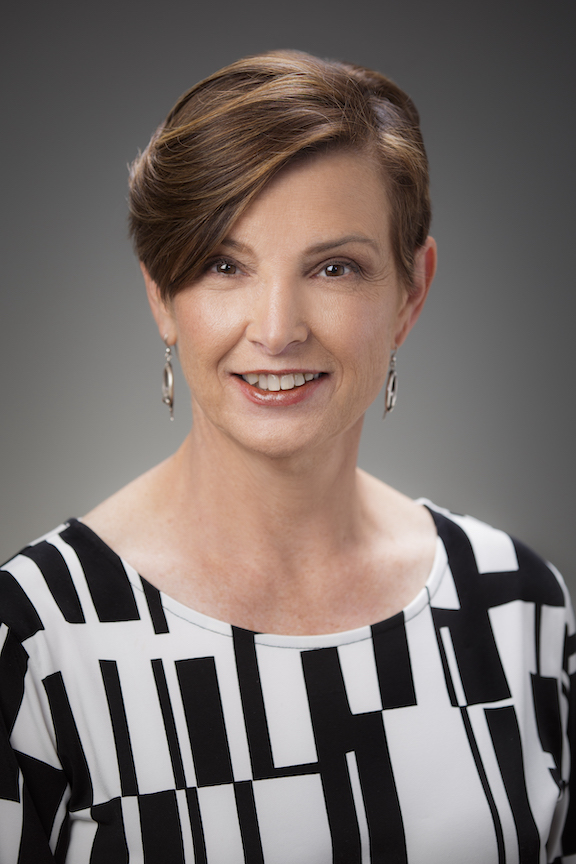Black discrimination and White guilt, Martin
By Melissa Martin

“Black People Are Sharing The Unwritten Rules They Follow That Most White People Are Clueless About, And It’s Eye-Opening” is the title of an article on Buzzfeed.
Read the Buzzfeed article at https://www.msn.com/en-us/health/wellness/black-people-are-sharing-the-unwritten-rules-they-follow-that-most-white-people-are-clueless-about-and-its-eye-opening/ar-AAWFneU?ocid=mailsignout&li=BBnb7Kz.
As I read the responses to this article, I cried. My Black friends, coworkers, colleagues, and fellow college classmates have told me these things over the years. When I finished the article, I checked the crying emoji – and I felt the same guilt and shame I’ve felt before – because I am White – or is it simply empathy for victims of racism as some theorize.
James Baldwin penned “No curtain under heaven is heavier than that curtain of guilt and lies behind which white Americans hide” in his 1965 published essay “The White Man’s Guilt.”
Author and race relations scholar Shelby Steele’s book, “White Guilt: How Blacks and Whites Together Destroyed the Promise of the Civil Rights Era.” Steele posits since the civil rights movement; the pendulum has swung all the way from white supremacy to white guilt — a condition he says has been just as harmful to black America.
The following are excerpts from the Buzzfeed article:
“As a Black woman in a predominantly white area, I make a point of approaching staff first in stores when I walk in. I ask an innocuous question in a friendly, high-pitched voice, even if I don’t need anything. They seem to feel safer around me and do not follow me around when I do that first.” A Black female coworker made a similar remark about this to me.
“When road tripping, every Black person knows not to stop in a rural area for gas or a pee break if you can help it, especially at night. I know someone whose child actually peed their pants because the area they were driving through was a sundown town, and they weren’t going to risk it.” A black male made this statement in reference to southern Ohio Appalachia – where I was born and raised.
“I was taught to be an overachiever because no one expects a Black woman to be smart and well-spoken. I’m not expected to have a voice in anything, and many are shocked when I do. They are astounded when I can verbalize my thoughts and opinions in multi-syllable words. Melanin and ovaries do not cancel out intelligence and reason.” A Black professor made a comment like this to me.
Can past sins and atrocities be healed and forgiven? Do we continue to look to the words and actions of Bishop Desmond Tutu, Nelson Mandela, Martin Luther King Jr., William Edward Burghardt Du Bois, Harriet Tubman, Sojourner Truth, and other Black leaders of civil rights?
International Symposium on “Healing the Wounds of Slavery: Towards Mutual Recovery” was held in 2018. Visit https://en.unesco.org/news/international-symposium-healing-wounds-slavery-towards-mutual-recovery.
Two children – one is Black and the another is White. “5-year-olds Jackson and Reddy are as close as can be, that’s why when it was time for Jax to get a haircut he wanted his hair buzzed off like Reddy’s hair is, so people wouldn’t be able to tell them apart. While they are obviously different races, their parents say the boys don’t pay too much attention to their differences, just how much fun they have together. These kids are setting an example everyone can learn from.” The boys believed their teacher would not be able to tell them apart. Watch the video on YouTube.
Is this where healing begins?
About the author:
Melissa Martin, Ph.D., is a syndicated opinion-editorial columnist. She lives in USA.





